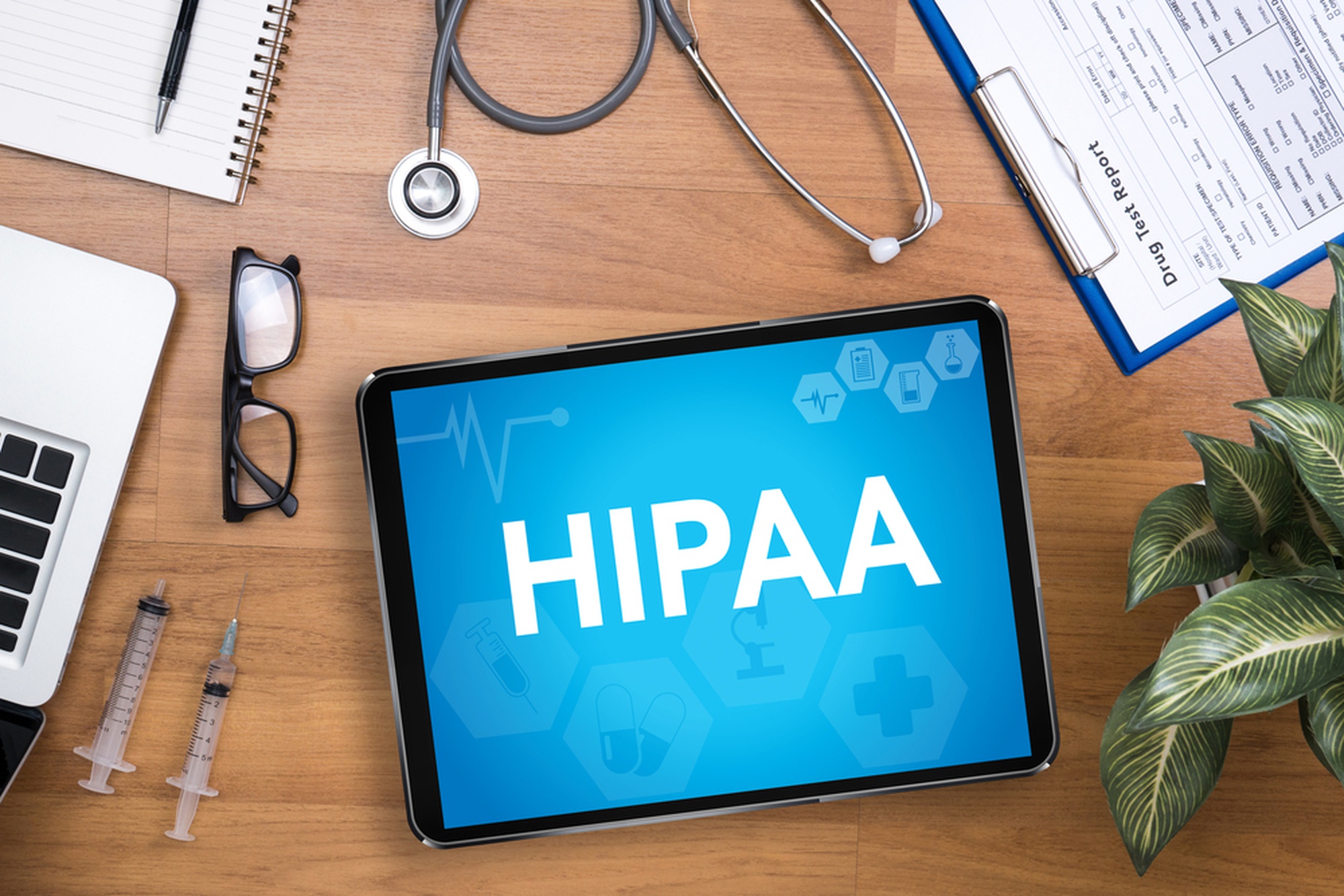If you’re a healthcare provider being in compliance with HIPAA rules is an essential element of running your business. The federal law provides patients more privacy protections and aids to protect their personal information. Technology is evolving rapidly, it is important to ensure that any new technology adopted remains in compliance with HIPAA regulations.

HIPAA compliance can be a bit complicated especially for businesses that are trying to grasp what HIPAA signifies and how it affects their business. HIPAA compliance must be met by all health care providers as well as those employed in the insurance business. It is crucial to thoroughly review the rules and ensure that all procedures are in order to remain compliant. Although it may seem daunting, compliance with the law is vital. Conformity means better service and privacy of data, which means lower fines. Comprehending the HIPAA regulations and taking the proper steps can help companies make sure that they follow the necessary procedures.
HIPAA rules can be quite strict. However, proper security and privacy measures seek to safeguard the most valuable of things: information. To prevent any unlawful or uninformed disclosure of patient’s private information increased security measures have been required as the healthcare industry has shifted to electronic mediums like Electronic Medical Records (EMR). While guidelines have been developed, it is important to ensure that all individuals adhere to these regulations. HIPAA is monitoring these issues to ensure that patients to be secure and secure.
HIPAA is a crucial security measure for medical field and for the patients whose data are stored. It permits covered entities, as well as business associates (BAs) to have the option to choose whether or not they want to make use of an addressable execution specifications. The decision is based upon a myriad of elements like a risk analysis mitigation strategy, current security measures, and cost of implementation. CEs and BAS may look at alternative options or decide not to implement the measures in full due to their particular circumstances. HIPAA assists them in making an informed decision about the protection of data and safeguarding. This is a way of ensuring the right balance between technical and user control over sensitive information.
Numerous organizations are able to reap the benefits of HIPAA compliance. Conforming to regulations under the Health Insurance Portability and Accountability Act, (HIPAA), will help companies safeguard their clients’, patients’, and customers’ health information. This will ensure that it is kept private and secure. Compliance ensures that patients’ health information is only used to their benefit and those of their healthcare providers. HIPAA compliance allows patients to make informed choices about how their personal health data is utilized and managed and gives them confidence that other organizations aren’t in a position to obtain or alter it without consent. Additionally, HIPAA compliance mitigates reputational risk for organizations by making them less vulnerable to legal or financial ramifications resulting from handling patient data improperly because of inadequate security measures. In the end, adhering to HIPAA standards will ensure a positive patient experience with the best protection for medical records.
This is just one of the many considerations that you need to consider when complying with HIPAA. The best way to ensure that you are compliant is to have an understanding understanding of the law and consult with an expert who can help you interpret it and put the necessary systems and processes in place. Although it can seem difficult to be sure that you’re in compliance, it is crucial for protecting your patient’s rights as well keeping the confidentiality of your patients.
For more information, click hipaa requirements include